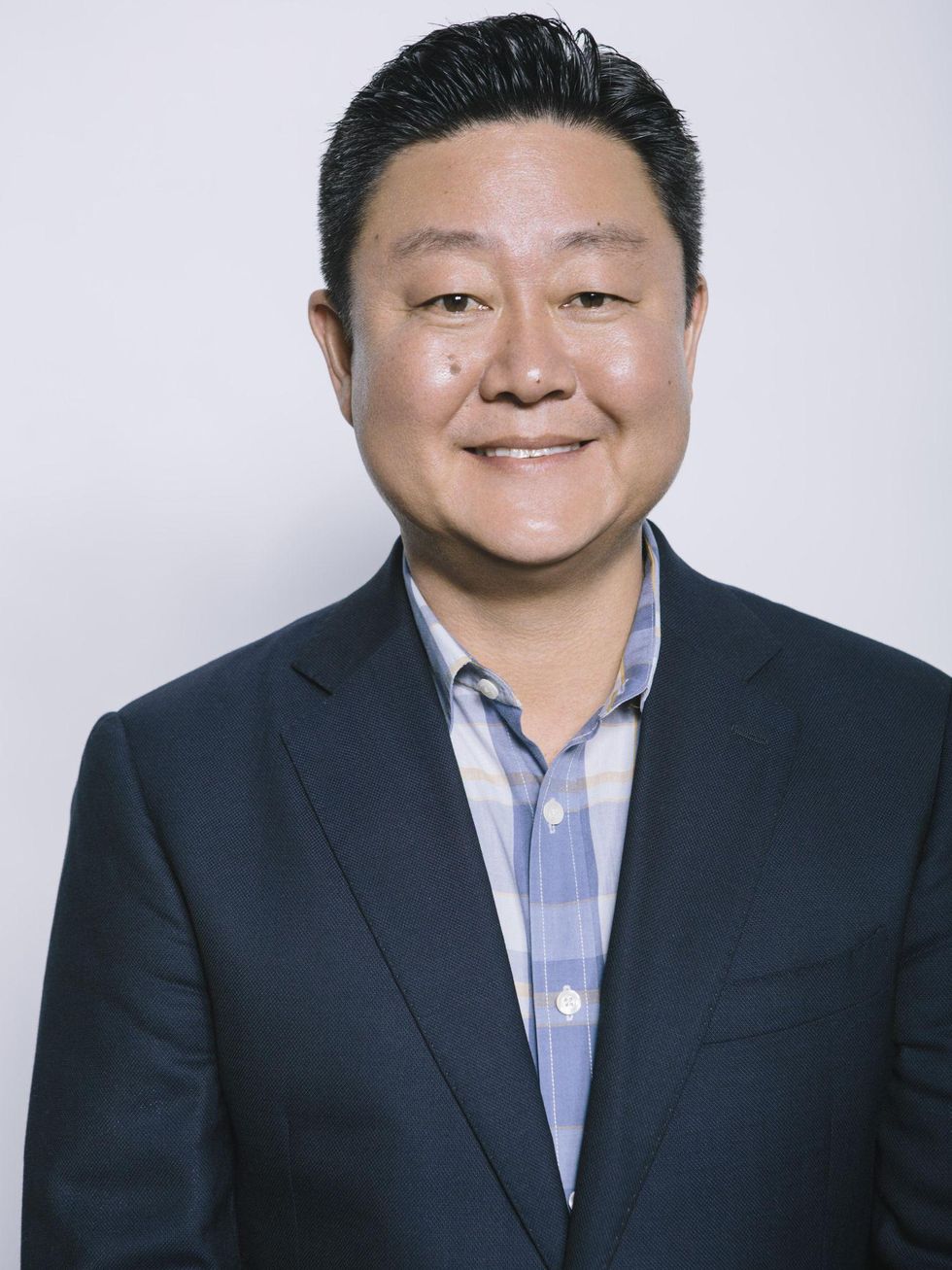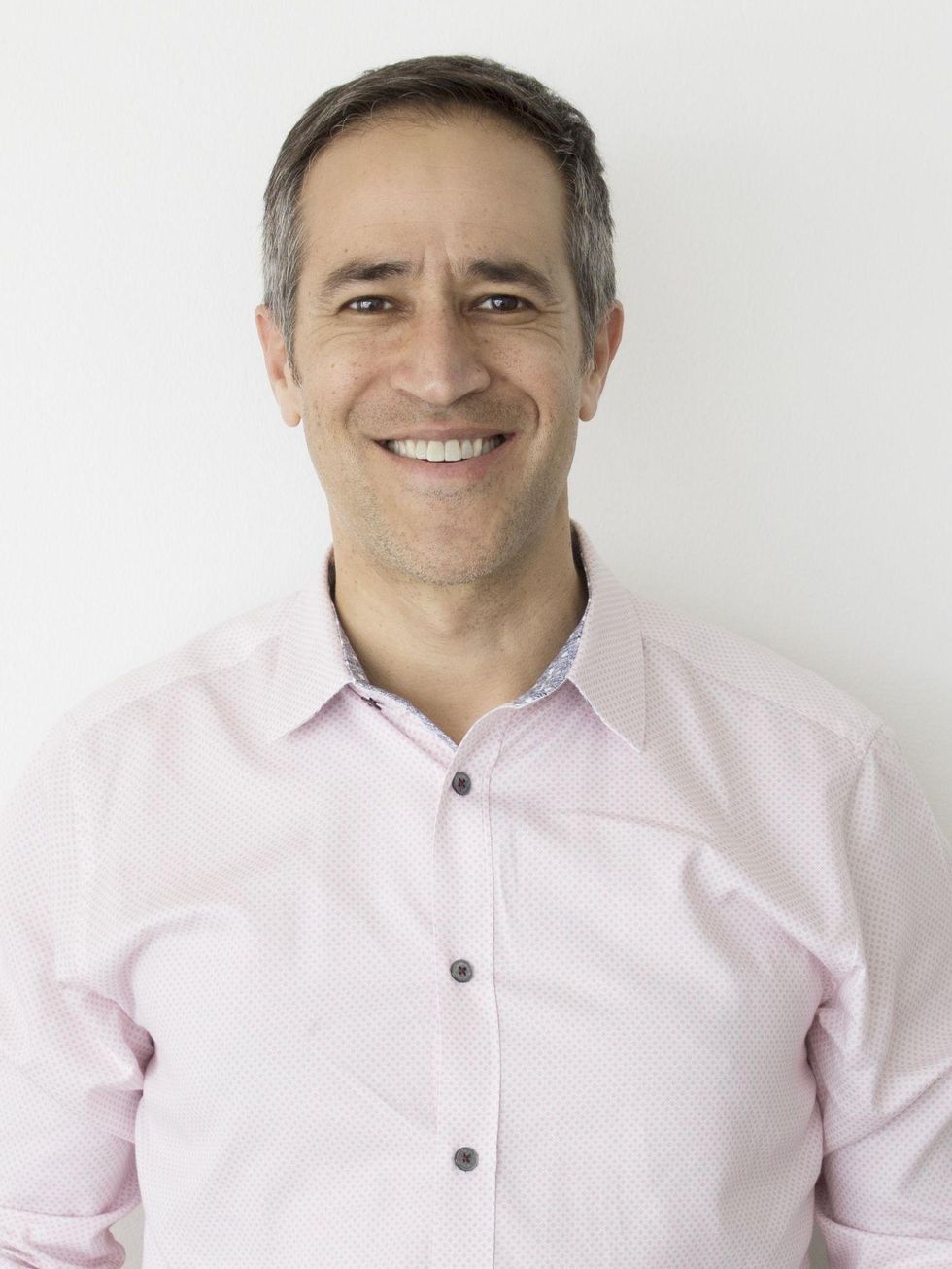Here Are LA's Top Angel Investors, According to Their Peers
Harri is dot.LA's senior finance reporter. She previously worked for Gizmodo, Fast Company, VentureBeat and Flipboard. Find her on Twitter and send tips on L.A. startups and venture capital to harrison@dot.la.

In a year upended by crisis after crisis — the ongoing pandemic, the climate emergency, an insurrection in the capital — tech startup financing is not just bouncing back but altogether booming, and Los Angeles-based angel investors are a big part of that equation.
Angels usually take a stake in an emerging business using their own funds, before institutional investors are willing to throw more substantial resources behind an idea. Often, they start off as entrepreneurs or engineers themselves.
We surveyed dozens of prominent L.A. investors to find out who they believe to be the top angels in the city, as part of dot.LA's third VC sentiment survey. Then, we tallied the votes. dot.LA had to throw out a couple of top names because one angel no longer lived in Los Angeles and the other didn't appear to be actively investing.
For more from the latest survey, read about who to watch among L.A.'s hottest ecommerce startups.
The investors below are listed based on the number of votes they received. We deferred to alphabetical order when there was a tie. Without further ado, here are Los Angeles' top angels, according to their peers.

J.J. List
List tops this list despite maintaining a low profile compared to the five angels below. He's an early-stage investor whose portfolio includes mobile shopping startup Tapcart, glasses and contacts company Lensabl, as well as Brainbase, Candy Club, Citruslabs and other LA-based firms, per AngelList. His investments range between $25,000 and $100,000, according to his Signal investing page. List is also listed as the chief creative officer at brand studio Gazoozle, per Crunchbase. The agency mentions Uber, TBS and other big names as clients on its website.
When dot.LA reached out for more information about him and his recent investments, List responded via LinkedIn: "im all good man, i dont do any press. thanks though!" Thanks, indeed!
But Paul Bricault, co-founder and managing director of Amplify, who has several co-investments with him, said List really has a discerning eye. "While we have also passed on some things he has sent our way, they are always worth a hard look which is rare."

Tom McInerney
McInerney got his start as a software engineer at Apple and Sony. His L.A. investments include RentSpree, a tenant screening startup that just announced an $8 million series A; and Bird, the love-it-or-hate-it scooter rental service. Beyond the city, he's a backer of Notion, Segment and Dapper Labs. His exits include Lettuce, which sold to Intuit; and Shopflick, which sold to Popsugar.
McInerney also advised TestFlight, which Apple snapped up in 2014, and he is a member of the World Wildlife Fund's national council.

Spencer Rascoff
Rascoff co-founded Zillow, Hotwire.com, real estate platform Pacaso, startup studio 75 & Sunny and this website, dot.LA. He's a former director of TripAdvisor and Zulily, and is a board member of the controversial data-mining company Palantir. When pressed on whether being a co-founder of dot.LA could have artificially boosted his vote count, Rascoff disagreed:
"I am just a really prolific L.A. based investor," he said. "I think we (75 & Sunny) did like 41 deals last year, of which 25 were in L.A., so that's why. I'm also an investor in many L.A. based venture funds (Crosscut, m13, Upfront, and others) so that helps me have a lot of connectivity to the L.A. tech community, which I'm sure boosts my vote count!"

Brian Lee
Lee co-founded LegalZoom, ShoeDazzle and The Honest Company (of Jessica Alba fame), which went public in May and is now valued north of $894 million. "We have been fairly active this past year with 16 investments in total so far, and 8 of them in Los Angeles now," said Lee.
His LA-based investments include The NFT Company, guided breathing app Breathwrk and fantasy sports company Grin Gaming. Lee's exits include the infamous MoviePass (RIP), which sold to Helios and Matheson Analytics; Tapiture, which was bought by Playboy; and Stamped, which was snapped up by Yahoo, per Crunchbase.

Rosie O'Neill
O'Neill co-founded boutique candy brand Sugarfina. She also sat on the board of fintech company Happy Money and most recently cofounded early-stage investment fund Pure Imagination Brands in Santa Monica with her partner, Josh Resnick, who also made this list. Previously, O'Neill led marketing for Barbie at Mattel.
Her investments include faux meat purveyor Abbot's Butcher, pet pharmacy Mixlab, low-carb and gluten-free snack maker Uprising Food and gaming lifestyle brand Queens Gaming Collective.

Josh Resnick
Resnick worked as a producer at Activision, the Santa Monica game publisher, before launching his own studio — Pandemic Studios — with backing from his former employer. Pandemic is known for developing Star Wars: Battlefront and later on was acquired by Electronic Arts with another studio in a combined $860 million deal. Resnick also cofounded Sugarfina and Pure Imagination Brands. The investor tells dot.LA that he's "done around a dozen deals so far this year with another 4 in the pipeline currently."
Of the deals he has closed in 2021 to date, he says eight were based in Los Angeles. His investment portfolio includes Culver City-based digital pharmacy Honeybee Health and virtual reality training platform Vantage Point.
Lead art by Candice Navi.
- What Are LA's Hottest Startups? We Asked Top VCs to Rank Them ›
- Here Are Los Angeles' Top Venture Capitalists - dot.LA ›
- Los Angeles' Top Investors Under 30 According to Their Peers - dot.LA ›
- Venture Capitals Investing in Southern California Startups - dot.LA ›
Harri is dot.LA's senior finance reporter. She previously worked for Gizmodo, Fast Company, VentureBeat and Flipboard. Find her on Twitter and send tips on L.A. startups and venture capital to harrison@dot.la.





 Image Source: Blackbird
Image Source: Blackbird